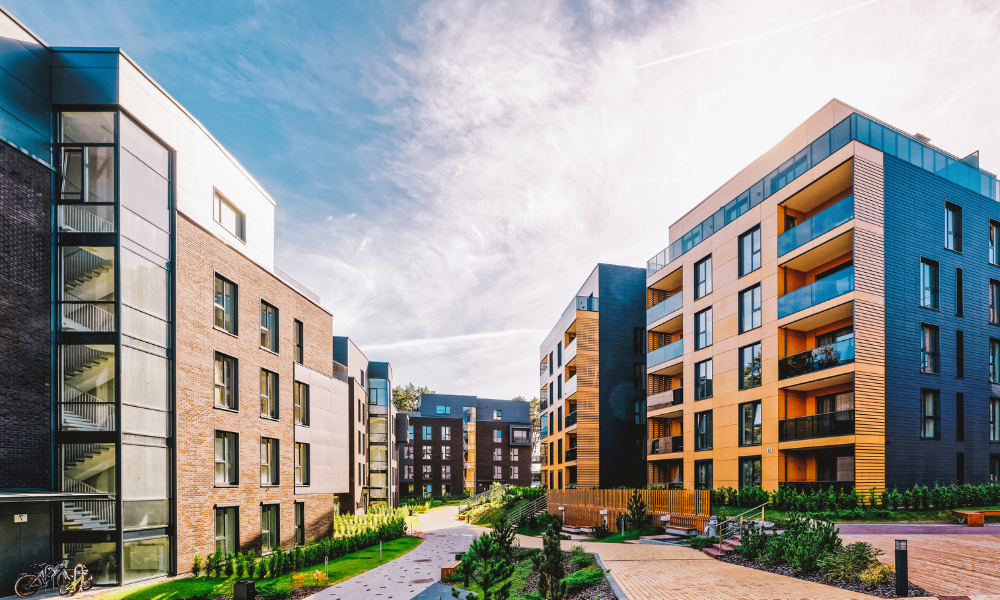Toronto, Montreal, and Calgary see market growth

Canada’s luxury real estate market is showing surprising pockets of resilience despite economic headwinds from the escalating Canada-US trade war, according to Sotheby’s International Realty Canada’s latest report released today.
While many segments of the housing market retreated in the first quarter of 2025, select luxury markets defied the broader national slowdown as regional factors and wealth demographics influenced buyer behaviour.
The Greater Toronto Area’s ultra-luxury segment emerged as a standout performer, with five properties selling above $10 million on MLS between January and March, compared to none during the same period last year. This strength in the highest echelon came despite the overall GTA luxury market experiencing a 15% year-over-year decline in sales over $4 million.
“The Canada-US trade dispute has cast a shadow over consumer confidence and housing market activity,” said Effi Barak, president of Sotheby’s International Realty Canada. “Yet, even amid this uncertainty, select segments of the top-tier market remain resilient—driven by pent-up local demand, population growth, and enduring appeal among financially secure luxury buyers.”
Montreal emerged as another bright spot, with total residential sales over $1 million increasing 11% year-over-year, buoyed by recent interest rate reductions that facilitated upward mobility in the housing market. The city’s luxury condominium market saw particular strength with a 27% increase in $1 million-plus sales—the highest percentage gain among major Canadian metropolitan centres.
Calgary continued to demonstrate stability with a modest 2% year-over-year increase in $1 million-plus residential sales. The city’s ongoing population boom—Alberta added 28,496 new residents in the first quarter alone—has helped insulate its luxury market from broader economic turbulence.
Vancouver experienced the sharpest decline among major markets, with residential sales over $4 million plummeting 48% year-over-year as economic uncertainty prompted both buyers and sellers to delay transactions. Overall, $1 million-plus residential sales fell 30% in the first quarter.
The luxury condominium market presented a mixed picture across Canada. While Toronto and Vancouver’s $1 million-plus condominium segments declined by 20% and 27% respectively, Montreal and Calgary saw their luxury condominium markets grow by 27% and 13%.
Barak suggested that while the luxury market faces challenges from rising construction costs due to tariffs and economic uncertainty, the current situation presents strategic opportunities, particularly in high-inventory segments like condominiums.
“For those willing to navigate short-term volatility, this market offers strong long-term value potential,” he noted. “As US tariffs and Canadian countermeasures drive up construction costs, a slowdown in new development will constrain future supply—ultimately supporting the value of existing condominium stock.”
What are your thoughts on Canada’s luxury real estate trends? Share your insights in the comments below.



